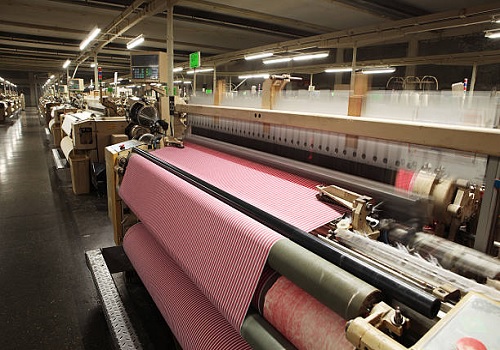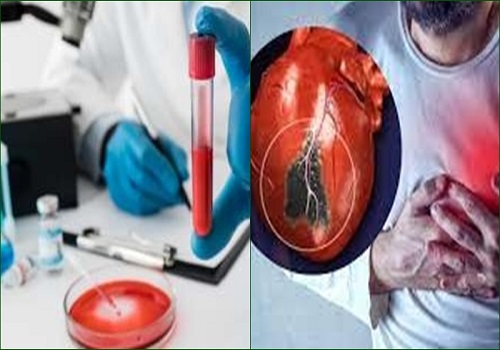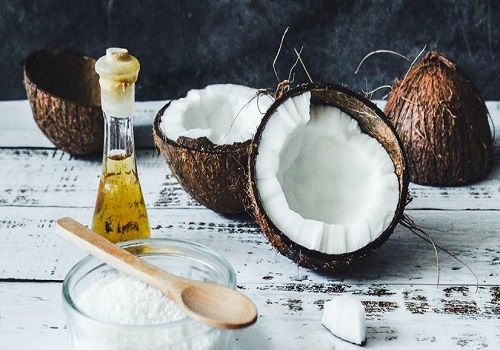Importance of Nutricosmetics

Follow us Now on Telegram ! Get daily 10 - 12 important updates on Business, Finance and Investment. Join our Telegram Channel
Health is wealth, and healthy skin could be a self-explanatory display for itself. According to Stephen Defelice, any food or part of a food that provides medical or health benefits could be defined as Nutraceuticals. He coined the term 'Nutraceuticals' from the words 'nutrition' and 'pharmaceutical'. This coined term also gave birth to a new derivation known as Nutricosmetics.
As stated by Anunciato and da Rocha Filho in the year 2012 and Pearson, 2018, Nutricosmetics can be described "as the consumption of food or oral supplements to produce an appearance benefits, and are also called "beauty pills", "beauty from within", and even "oral cosmetics"." The beauty industry today has seen a fierce growth which has led to hyper-awareness about aging, pigmentation, and skincare.
Nutricosmetics are generally available as supplements containing molecules such as collagen, omega fatty acids, peptides, vitamins, proteins, etc. They are usually available as over-the-counter products. Sunlight (UV radiation), Infrared light, and a persons' cellular metabolism creates 'reactive oxygen species or ROS'. These ROS in turn lead to oxidation of DNA, proteins, and fats in ones' body and lead to skin aging. However, the body also produces antioxidants that can combat these ROS.
Although results from some studies remain controversial in the literature, the main and generally accepted antioxidants include elements such as --
Vitamins, where Vitamin C is found in raw red and green peppers, oranges, acerola, grapefruits, kiwi, strawberries, broccoli, and brussels sprouts. Vitamin E is found in nuts, seeds, vegetables, corn, soy, and margarine. The consumption of both has shown a reduction in the damage on skin due to UV rays.
Carotenoids also provide UV protection. They are obtained from vegetable sources and are usually present in orange, red, and yellow foods, and are not synthesised in our body. These include -- Beta-carotene, Lutein, Zeaxanthin, and Lycopene. Where Beta-carotene is a precursor of vitamin A and can inhibit free radicals and UV damage, Lutein and Zeaxanthin also protect against UV damage, and have antioxidant properties. Lycopene is found in tomatoes and provides some degree of photoprotection, and can reduce UV damage.
Polyphenols include Curcumin, Tea polyphenols, Grape polyphenols, have antioxidant and anti-inflammatory properties to protect the skin.
Minerals like Copper help in skin rejuvenation and involve in the formation of Collagen, whereas Zinc is anti-inflammatory and protects against UV radiation. Selenium on the other hand protects cellular DNA damage
Omegas including Omega3 and Omega6 are found in canola oil, cold-water fish, nuts, and seeds. They are anti-inflammatory and help in the structural stability of cells.
Collagen has already proven it's efficiency on skin properties. The most common way to obtain collagen is through nutritional supplements, namely fish collagen hydrolysates.
However, the regular consumption of fruit and vegetables, rich in biologically active ingredients has been pointed to as one of the best strategies against skin ageing. Nowadays, beauty can no longer be dissociated from health and consumers consider nutrition an important pillar in skin beauty.
A study in Thailand compared the efficacy of a combined nutraceutical (containing the combination of soy isoflavones, chaste berry, black cohosh, and primrose oil) on volunteers. The placebo effect took 12 weeks to start showing effects. The volunteers receiving the nutraceutical significantly improved skin elasticity, skin roughness, and wrinkles; yet no visible effect on pigmentation, skin hydration was noticed.












 320-x-100_uti_gold.jpg" alt="Advertisement">
320-x-100_uti_gold.jpg" alt="Advertisement">












